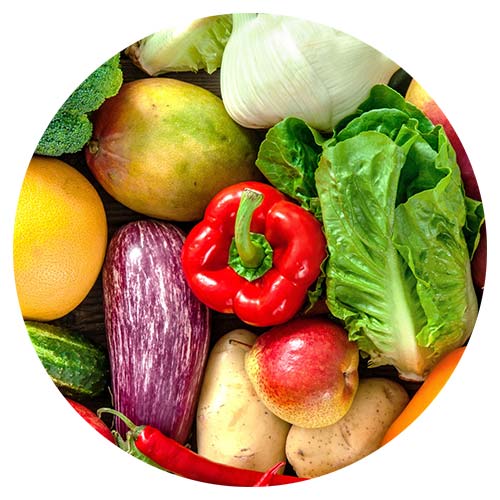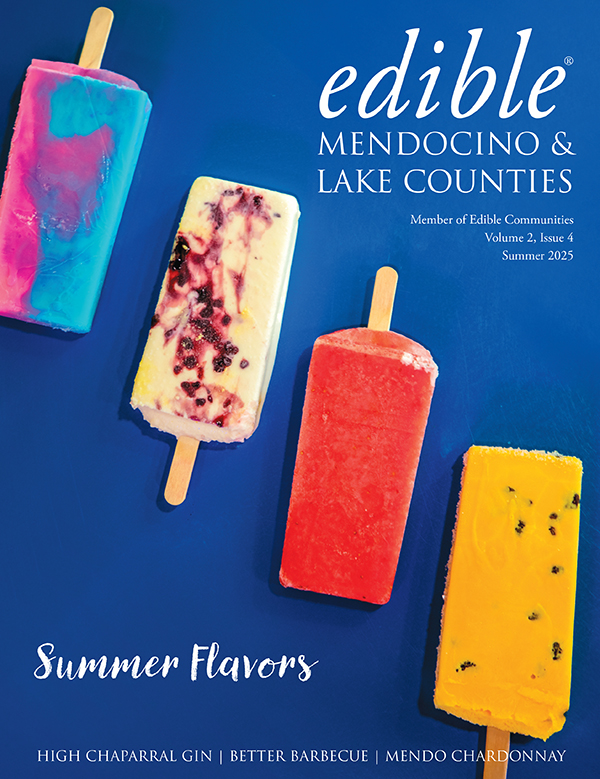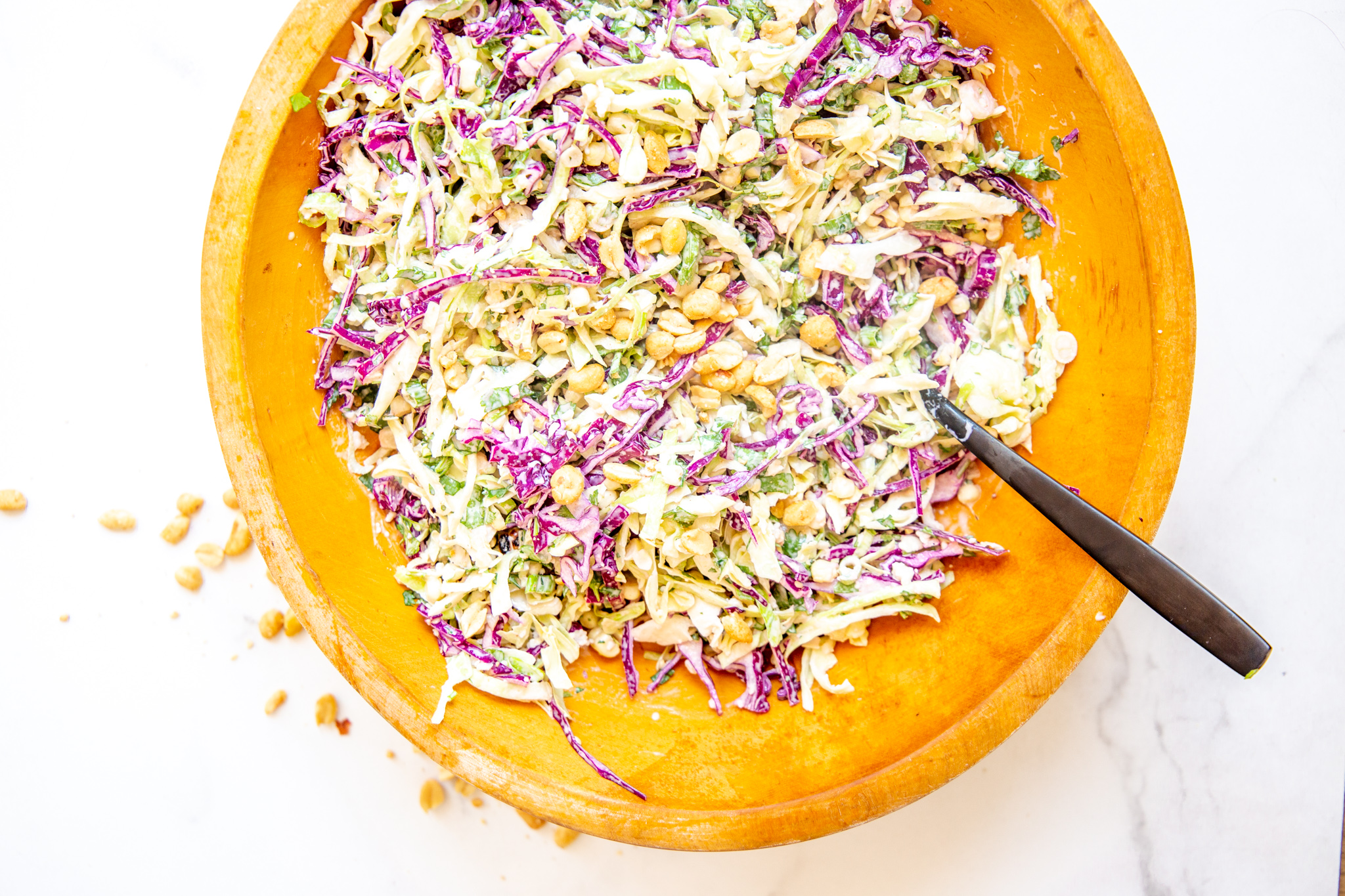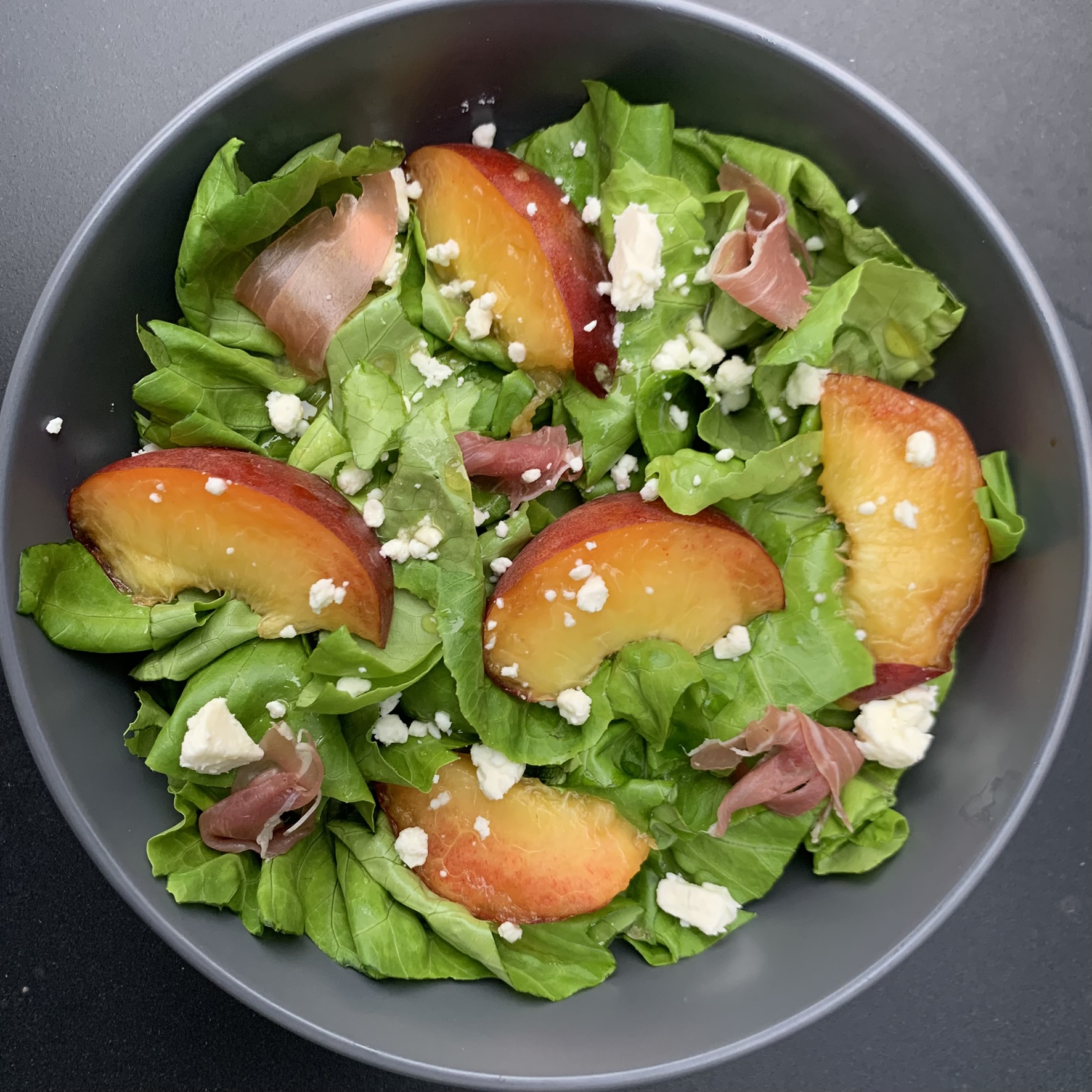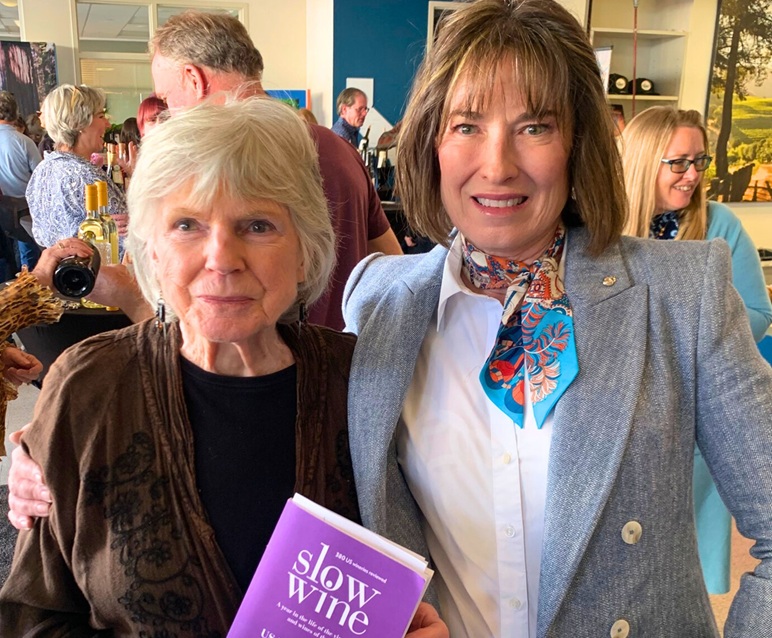For entrepreneur Doug Stewart, bringing back the acclaimed brand was about more than just the wine. It was about getting a rare chance to reclaim a business that he loved, but lost.

When Lichen Estate’s Doug Stewart learned last year that Cliff Lede Vineyards in Yountville was ending production of Fel Wines, he could have made a mental note of it, and moved on with his life.
After all, wineries and vineyards change hands constantly. Such is the nature of the business.
But Fel Wines wasn’t just any winery. It was a brand that Stewart had created under the name Breggo in 2005, and reluctantly sold to Lede during the economic downturn of 2009. Lede changed the name to Fel in 2014, then decided to discontinue it in 2023. Stewart knew immediately that he needed to try to buy it back.
Not only did he feel that the award-winning wines were worth continuing to make, but as a serial entrepreneur who had built and sold several businesses—and frustratingly lost control of a couple—he knew how rare it was to get a second crack at it.
A Stanford-educated schoolteacher-turned businessman, Stewart’s first venture was Howler
Organic Rainforest Sorbets and Gelatos. He started the business in 1994 after sampling açai on a trip to the Amazon rainforest.
“I went to the Amazon in 1993, when I was fact-checking my undergraduate field research in the Brazilian Amazon and my thesis, which would soon be published as a book, and I learned that nobody was buying rainforest fruits and marketing them,” Stewart recalled. “I thought maybe I could figure out how to do it, figure out the supply chain. So I brought back a 50 kilogram box full of Amazonian fruit—that was the first time açai was ever exported from Brazil. I made a sorbet out of it, then created a label, quit teaching, and launched the business.”
He started producing and selling his Howler desserts locally at a rate of 30 gallons per day, eventually growing it into a 5,000-gallon a day enterprise with nationwide sales at higher-end organic grocery stores.
10 years after he started Howler, he was “exited” from the company through a complex set of circumstances involving one of the largest food conglomerates in the world. The Howler brand was eventually discontinued. Stewart was left with no company, and no brand. The experience was not pleasant.
“I lost a business that I’d had for 10 years and was really proud of,” he said. “I had 30 employees one
day, and two the next. It was depressing.”
In 2005, not long after closing Howler, Stewart and his wife started Breggo—named for the Boontling word for “sheep”—on a 203-acre former sheep ranch they had bought in the Anderson Valley in 2000. Though he grew up in Sonoma County, Stewart didn’t have any previous experience in the wine business, but he quickly learned the ropes, as he had done with his previous business ventures.
Made from grapes sourced from top vineyards around the valley, it didn’t take long for Breggo’s pinot gris, pinot noir, chardonnay, gewurztraminer and sauvignon blanc to become successful, particularly the Alsatian-style pinot gris.
“When we first came out, we made a real splash because nobody in the Anderson Valley was making a Savoy or Ferrington vineyard-designated pinot noir and selling it on the highway,” Stewart explained. “We got really high ratings, and we just sort of skyrocketed.”
Food & Wine magazine named Breggo the “Best New Winery of 2008.” Wine authority Robert Parker deemed the 2006 Wiley Vineyard pinot gris the “finest ever in the New World.” But the recession of 2007–2009 threw a wrench in the works.
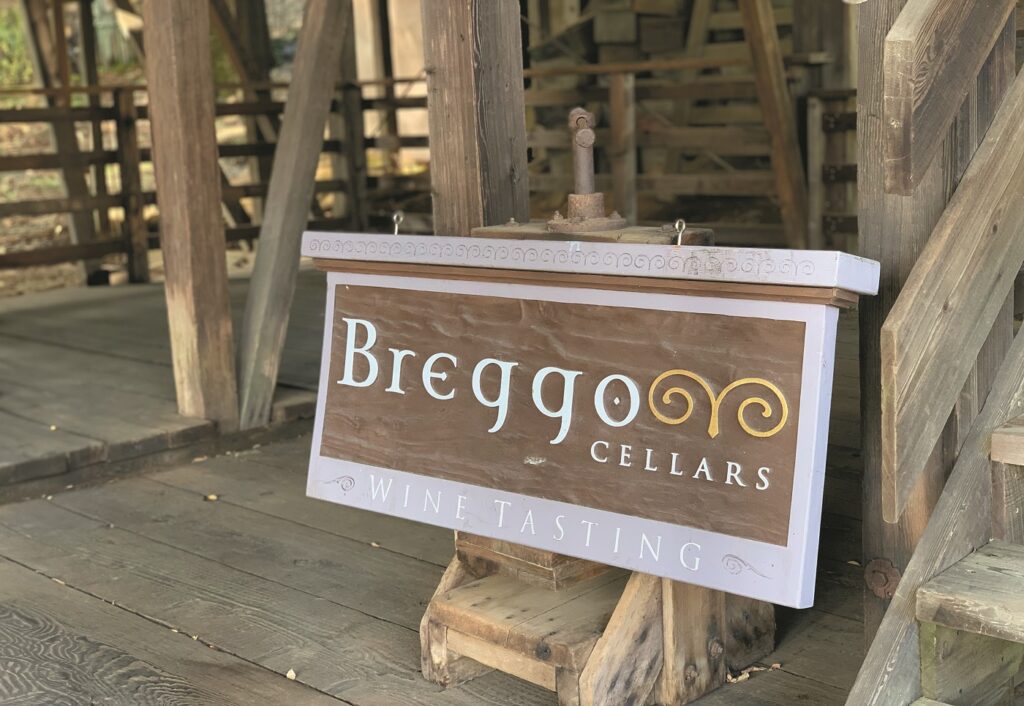
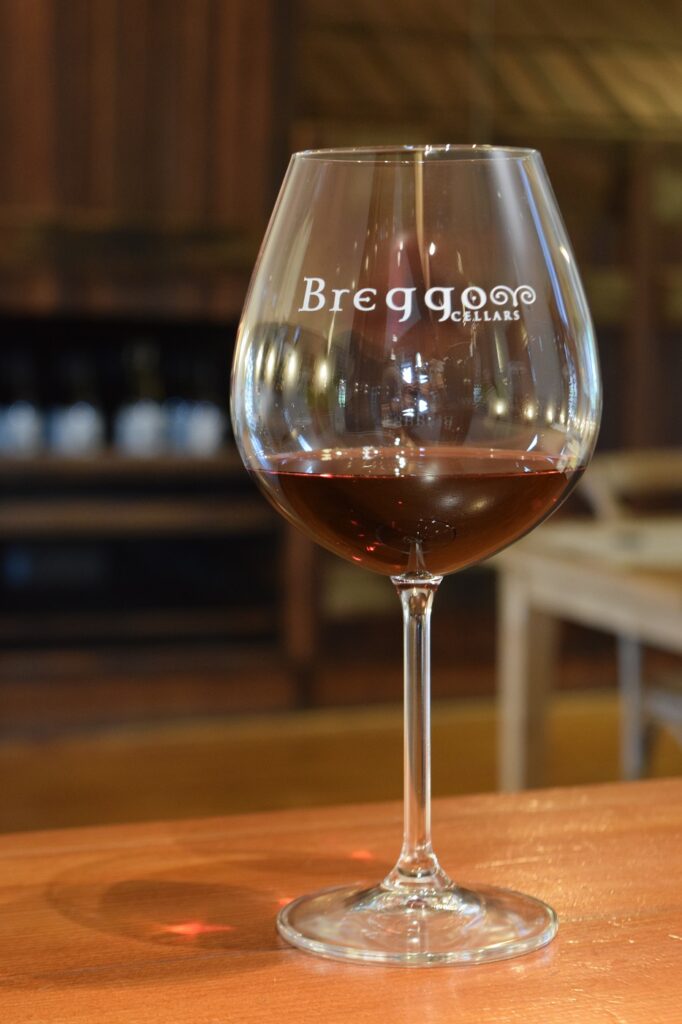
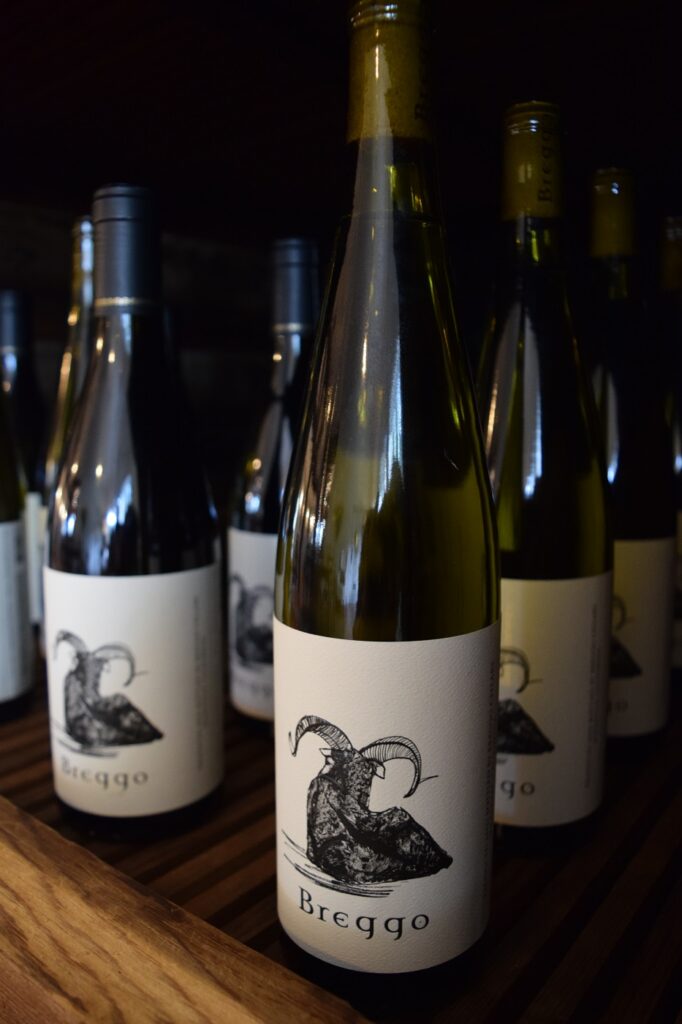
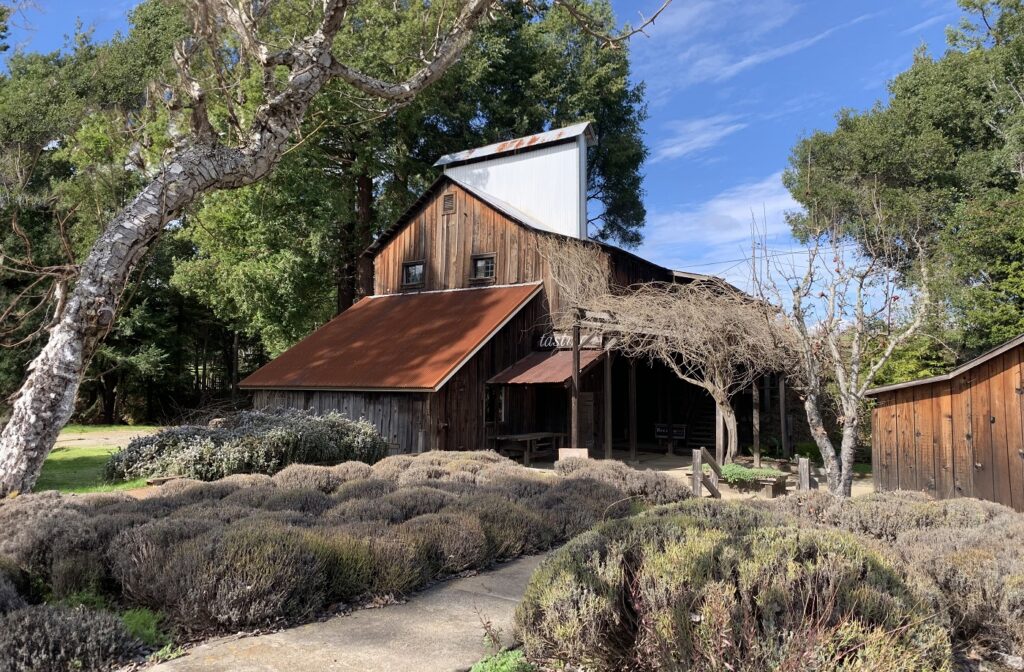
“We were doing well, but the banks were pushing all of their small producers over the cliff,” Stewart explained. “We got an offer [from Cliff Lede], so I thought, why don’t I just sell the brand, and keep the land. So we sold Breggo in 2009, and leased the winery and tasting room back to Cliff Lede for five years.”
Stewart then launched two non-wine-related startups in 2011 as he founded Wattershed and co-founded Smári Organics Icelandic Yogurt. As if that wasn’t enough to keep him busy, that same year he got back into the wine business when he started his boutique winery, Lichen Estate, in his garage. Mentored by Michel Salgues of Roederer Estate, Lichen began producing acclaimed sparkling wines in 2012.
In 2018 Stewart exited Smári to focus on making wine at Lichen, and getting Wattershed funded to develop high-temperature superconducting transmission cables capable of delivering power across
the continent with zero resistance losses.
In 2020, Wattershed landed venture capital funding to reach the next level of growth. The venture backers installed new management. As with many startups entering a new phase of development, a shakeup seemed inevitable.
“I figured that I was not going to be kept on for very long,” he said. “It turns out I made it two years before they booted me. Now the company has 50 employees and tens of millions in funding. It’s big and successful. I spent 10 years and a lot of time, effort and my own capital to get to that first dollar of venture money.”
Though Stewart remained a shareholder in the company, he no longer had control of the company’s day-to-day management.
Fast forward a year, to June 2023, and Stewart heard that there were changes afoot at Lede. Curious about Lede’s plans for Breggo, “the one that got away,” he decided to take his chances and see if they would sell it back to him.
“In June of last summer I saw in the news that Cliff Lede was selling Savoy Vineyard, and I thought, okay, if they’re leaving the business altogether, they won’t care if I take back what I started,” Stewart explained. “So I called them up, and indeed, that turned out to be true. They were very gracious, and it was actually one of the easiest deals I ever made.”
By August the deal was sealed. Stewart not only bought the Breggo brand back, but also much of the 2022 vintage, some of the 2021 sparkling wines that were en tirage, and the entire 85-case wine library that spanned from 2005 through 2012.
“I always loved the wines, and knew that they didn’t change the bones,” Stewart explained. “They’d used mostly the same vineyards I previously used, like Savoy, Ferrington, Donnelly Creek, and Wiley, and they’d added a couple sources.”
Seemingly serendipitously, Stewart learned around that same time that Toby and Natacha Hill of Phillips Hill Winery were exiting the wine business.
“…literally everything just sort of fell into place.”
– Doug Stewart
“For the last 10 years, they’d occupied my favorite buildings in the valley on the Ordway Valley Foothills Ranch,” Stewart said of the picturesque barn, apple dryer and farm stand at 5101 Highway 128 in Philo. “And so I called them up, and they said, ‘yes, it’s going to be available at the end of the year.’ They put me in touch with the landlord, and literally everything just sort of fell into place.”
Breggo officially re-launched in February 2024, and Stewart couldn’t be more pleased with the way things have come full circle. And he’s hoping that by careful financing he can avoid a repeat of past
disappointments.
“My observation is that companies that have investors typically don’t stay with the original founder,” Stewart said. “So when I bought it back, I structured the financing so that we can actually not have investors.”
So what does the future hold for Breggo?
For now Stewart is selling wines that were produced under Lede’s ownership, but he has plenty of new ones coming.
“We made 26 tons of wine in 2023 for Breggo,” Stewart said. “The advantage of Breggo is that it’s non-estate. So we can go out and find vineyards that we really love, and work with farmers who we think are great. We bought pinot noir, chardonnay, and gewurztraminer from Ferrington, pinot noir from Golden Fleece up the hill, and pinot gris from Hein. But my guess is that some amount of Lichen Estate is going to migrate into Breggo every year. I’d love to plant some chardonnay, and hopefully, five or ten years from now, I’ll be able to do that. But it’s a long haul.”
“We made pinot noir from Farrington into a blanc de noir sparkling red as well as a still red,” he continued. “The chardonnay we made is still. And we made a brut rosé sparkling blend of pinot noir and pinot gris. The plan is to do a short tirage for the brut rosé sparkling. Our normal sparkling will spend 32 to 60 months en tirage, but we wanted to come out with something fast so that Breggo had its own sparkling. So we came up with this concept, and we’re going to try it and see how it works. It
tastes great so far!”
Breggo Cellars’ tasting room is located at 5101 Highway 128 in Philo. It is open from 11am–4pm daily. For more information visit breggo.com.
Lichen Estate’s tasting room is located at 11001 County Rd 151 in Boonville. It is open from 11am–4pm daily. For more information visit lichenestate.com.
